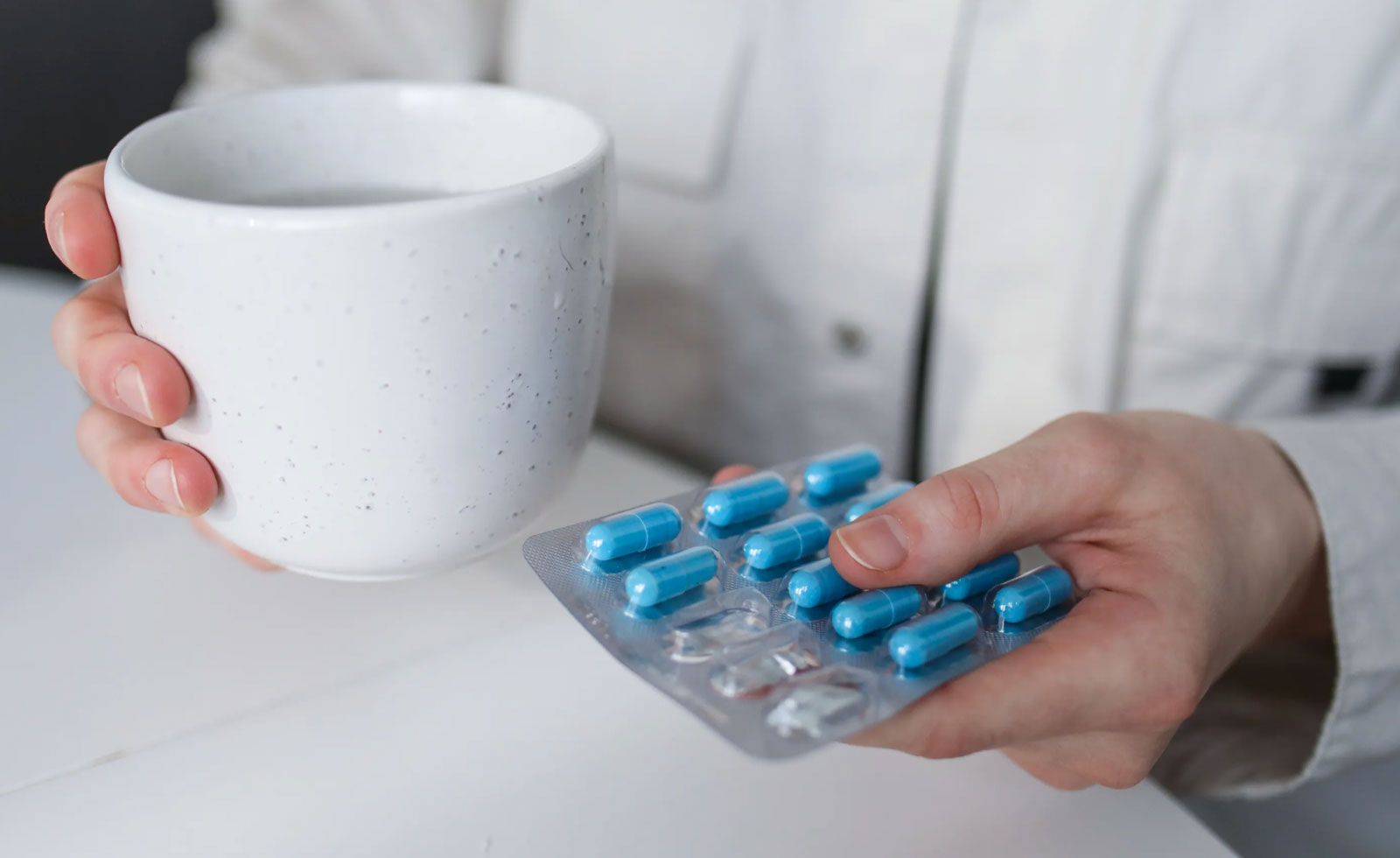Many people struggle with medications that are ineffective or can even cause nasty side effects.
If your medications aren’t playing nice there’s a multitude of reasons and factors which could be at play, but here are some of the more common ones.
18 Sep, 2017
Many people struggle with medications that are ineffective or can even cause nasty side effects.
If your medications aren’t playing nice there’s a multitude of reasons and factors which could be at play, but here are some of the more common ones.
It is a surprising and little known fact that eating vegetables can affect how your body processes certain medications. Broccoli, cabbage, cauliflower and kale are all part of a group called cruciferous vegetables, which are an important part of a healthy diet. Whilst these vegetables are a good source of fibre, vitamins and minerals, eating them may also affect how you process some medications.
The reason for this is that cruciferous vegetables can affect the activity of the CYP1A2 enzyme. This same enzyme processes medication, in particular some mental health medications.
At least 50% of the population have a change in their genetic profile that means that if they consume a lot of cruciferous vegetables they are likely to produce a lot more of that enzyme. For those people, a drug processed by CYP1A2 would clear faster in their body and as a result its effect might be reduced.
A myDNA test can identify if you have this genetic profile.
If you are taking medication, it may be a good idea to keep your cruciferous vegetable consumption at a regular stable level. That means no dramatic changes, such as following the ‘cabbage diet’ for a fortnight.

An unfortunate reality is that many people don’t take their medications according to the recommended advice. For example, some people who are on anti-depressants or anti-psychotics may decide to hold off if they have a good day, and then find their mood is unstable on subsequent days or they suffer unpleasant withdrawal symptoms.
Other people might prefer to not take their medication as recommended if it’s not working effectively, or if they are experiencing side effects. If this is your experience, you should discuss this with your doctor or pharmacist to see if they can help resolve this for you.
The best outcomes will be for those people who do adhere to the medications as prescribed.
If you are unsure about your medications, a Home Medications Review might be a good idea. A myDNA test may also help to reveal the most appropriate medication and dose for you.
It’s no secret that smoking is unhealthy and stopping smoking is a good idea. But, if you have been prescribed anti-psychotics in particular, it is important that you let your doctor know what you plan to do.
The reason for this is that smoking can have an impact on the CYP1A2 enzyme, and in turn how you process some medications. A regular smoker is likely to have had their medications fine-tuned by their doctor, taking into account the effect of their cigarette consumption.
If you are on antipsychotics and plan to stop smoking, you should consult your prescribing doctor to ensure that your medications can be tweaked if necessary to ensure you can maintain a level of continuity during that process.
If the schedule that has been recommended doesn’t fit with your lifestyle, it can be hard to remember to take your medication at the allotted time. If you need to take multiple medications it can be hard to keep track of which medications you’ve taken on a particular day.
There are various weekly dose administration aids, you can either fill yourself or speak to your local pharmacy and they can usually organise a dosage aid for you.
If you find it hard not to have a glass of wine each day, perhaps you ought to understand the depressant qualities of alcohol. Alcohol can make you drowsy, as can certain medications such as sleeping tablets, some pain killers and antidepressants. As a result, combining the two is not recommended.
Similarly, if you are taking a medication for diarrhea or for nausea and vomiting, alcohol may exacerbate the problem.
Drinking even small amounts of alcohol with particular medications, including some (but not all) antibiotics, can lead to a severe and unpleasant reaction. So if your health professional has advised you not to drink when on a course of medication it is best to follow their advice. If you are unsure if its safe to drink you should check with your health professional.
If you drink regularly and in excessive amounts, over time alcohol can have an effect on the liver, which metabolises many medications.
If you are concerned about your alcohol use in general contact DirectLine.
For more information on how to be wise with your medicines visit NPS Medicinewise.